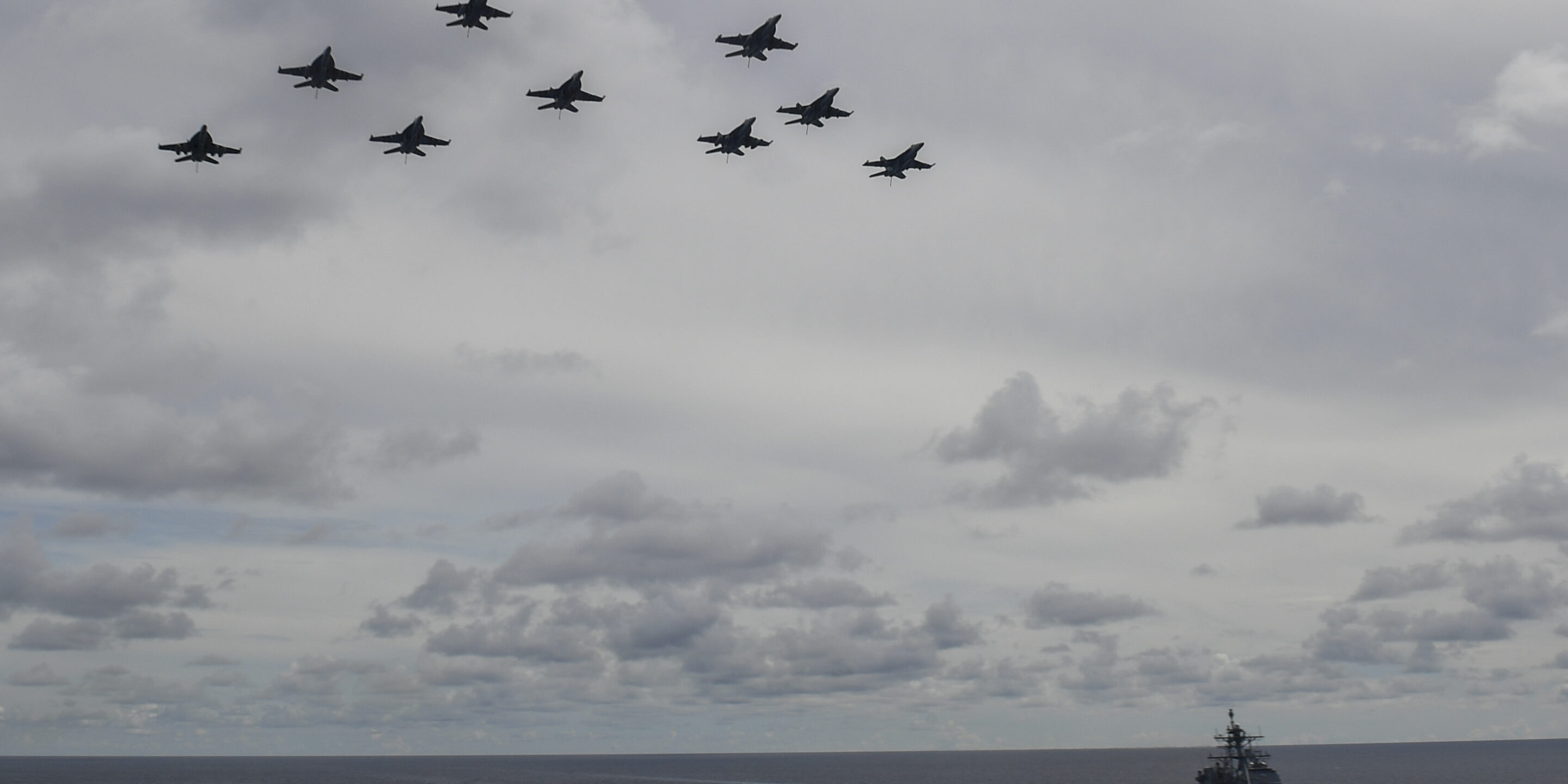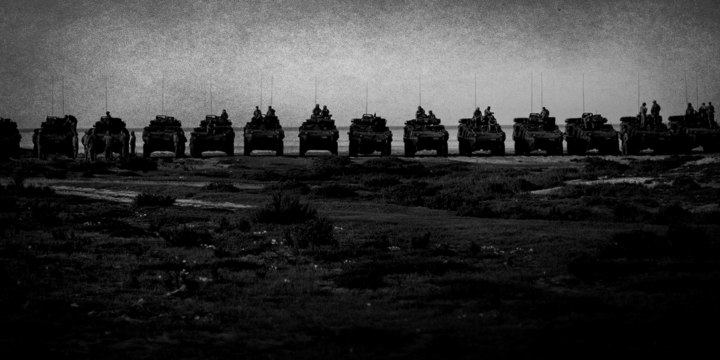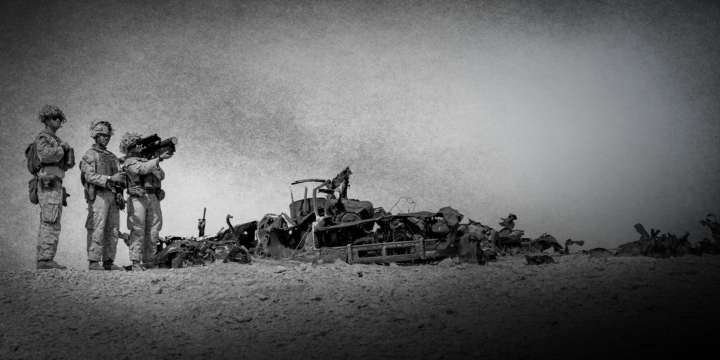June 21, 2024
A ‘Concert’ for a new era: American power and the multipolar challenge

Imagine, if you will, a world in which the rules and institutions of global governance actually reflected the underlying distribution of power on the world stage. In such a world, the major powers wouldn’t be locked in a struggle for outdated ideologies or clinging to an order built for a bygone era. Instead, they would cooperate to manage competition, prevent conflict and address pressing global issues that threaten all nations.
This vision may sound utopian, but history offers compelling examples — most notably the 19th-century Concert of Europe and the post–Cold War liberal international order — where a close alignment between power and governance structures fostered a period of relative stability and progress.
But the current international order demonstrably fails this test. The material base of international politics is undeniably multipolar. Great power competition, multi-alignment and the rise of the Global South are defining features of the 21st century. Yet the institutional superstructure — the UN Security Council and the postwar order’s attendant institutions — remains anchored in the past.
Author

Andrew
Latham
Non-Resident Fellow
Events on Grand strategy


